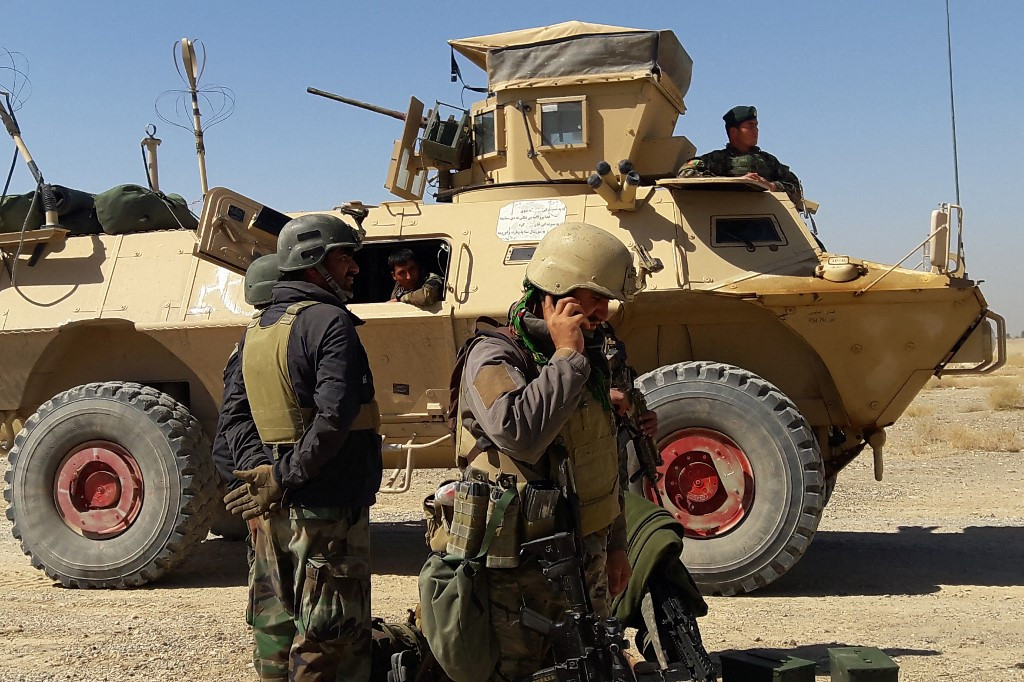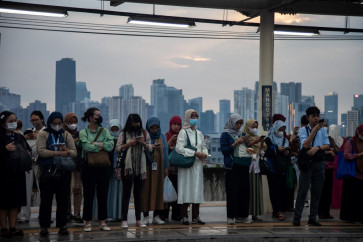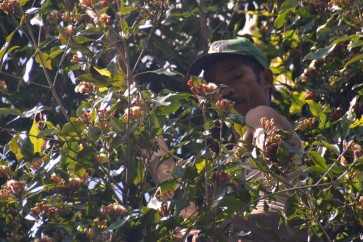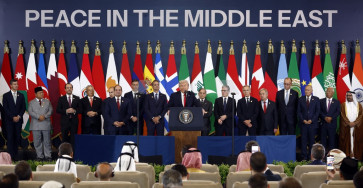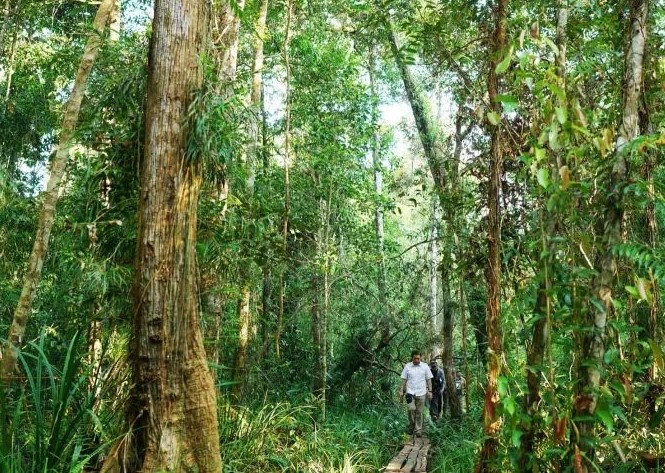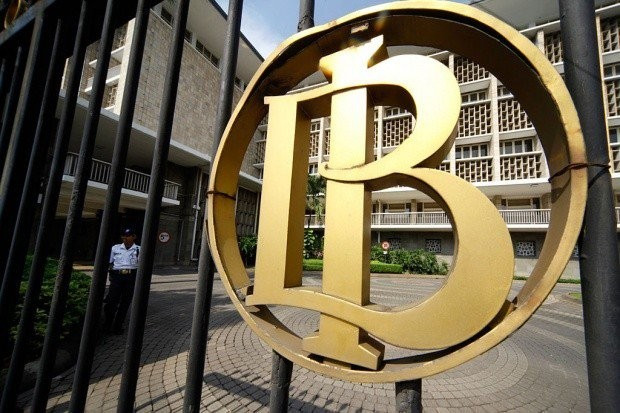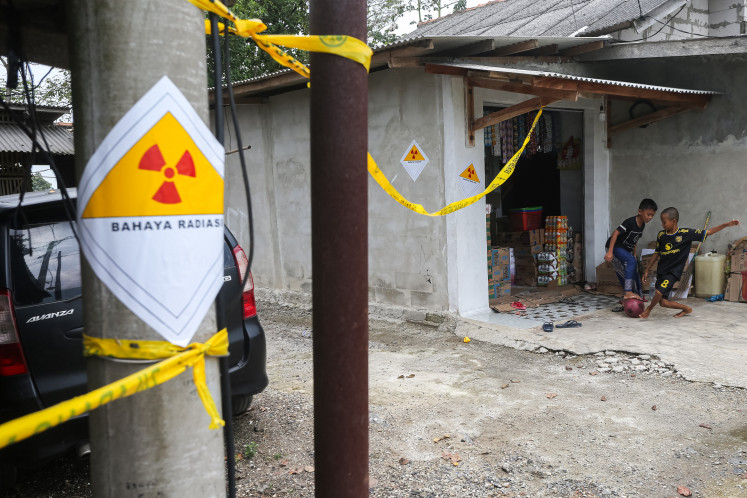Popular Reads
Top Results
Can't find what you're looking for?
View all search resultsPopular Reads
Top Results
Can't find what you're looking for?
View all search resultsIndonesia ‘deeply concerned’ by Afghanistan violence
The speed of the Taliban advance has dimmed the prospects of the peace process that Jakarta helped mediate and has sparked recriminations over the withdrawal of international forces, which has left the Afghan government to fend for itself.
Change text size
Gift Premium Articles
to Anyone
I
ndonesia has expressed “deep concern” over escalating violence in Afghanistan, as Taliban fighters continue to capture provincial capitals following the withdrawal of United States-led international forces from the country.
The militant insurgency seized its ninth provincial capital in a week on Thursday amid warnings from US intelligence that the capital Kabul could fall into the hands of the Taliban within 90 days, Reuters reported.
The speed of the group’s advance has dimmed the prospects of the peace process that Jakarta helped mediate and has sparked recriminations over the foreign military withdrawal, which has left the Afghan government to fend for itself.
With the last of the foreign forces set to depart by the end of the month, the Taliban have taken control of around two thirds of the country in a multi-front offensive that began in May.
The Foreign Ministry’s director general for Asian, Pacific and African affairs, Abdul Kadir Jailani, said Indonesia was deeply concerned by the continued increase in violence in Afghanistan and expressed hope that dialogue between the Afghan state and the Taliban could continue.
“We hope that all parties refrain from violence and conflict and continue the peace talks. We hope that [the solution] will be Afghan-led and Afghan-owned, and so Indonesia is ready to play an active role to support that,” he told The Jakarta Post on Thursday.
International meetings are being convened in Qatar this week to increase pressure on all sides to resume talks, with representatives from the US, Russia, China and Pakistan meeting in Doha under what is officially known as “extended troika”, news wires reported.
Indonesia, along with Germany, Norway and Uzbekistan, are part of the host country support group, which has helped provide a channel for information to the negotiating parties in Doha.
As the country with the largest Muslim population, Indonesia has sought to play an active role in the Afghan peace process, most notably after President Ashraf Ghani personally requested the assistance of President Joko “Jokowi” Widodo in 2017.
Since then, the two governments have collaborated to host a number of high-level meetings, with Indonesia focusing on defining two elements of the peace process – the role of ulama (Islamic scholars) and women's empowerment.
In 2019, then-vice president Jusuf Kalla met with Taliban leader Abdul Ghani Baradar in an effort to broker peace between the Taliban and the Afghan government.
“We hope there will be a prosperous and peaceful new Afghanistan. This can only be achieved if both parties can continue maintaining dialogue,” Kadir said.
The official also indicated that he was planning to meet with representatives of the Taliban in the coming days.
As the Taliban weaken the Afghan government’s grip on power in the provinces, observers are seriously considering the prospect of the group returning to power.
“It seems that, currently, the Taliban have the upper hand. There has to be pressure to continue negotiations with the [Afghan] government so that any exchange of power does not happen through territorial seizure,” said Yon Machmudi, a scholar from the University of Indonesia’s Center for Middle East and Islamic Studies.
The unpredictable situation in Afghanistan, he said, was inseparable from the abrupt withdrawal of American troops, which had occurred before national reconciliation efforts had taken place.
Pointing to developments reminiscent of the US war in Iraq, where a vacuum of power made way for the rise of extremist groups such as the Islamic State (IS), observers are concerned that Afghanistan could have a similar fate.
But as the US and its allies were firm about leaving the country after 20 years, Yon said it was up to the Afghan people to decide on their own fate.
“When we talk about the people, we are talking about differing factions within Afghanistan, not just the Taliban and the government, but also other groups. [The government and the Taliban] must be able to unite and form a stronger coalition in the midst of threats from other hardline groups, be it Al-Qaeda or the former IS,” he said.

